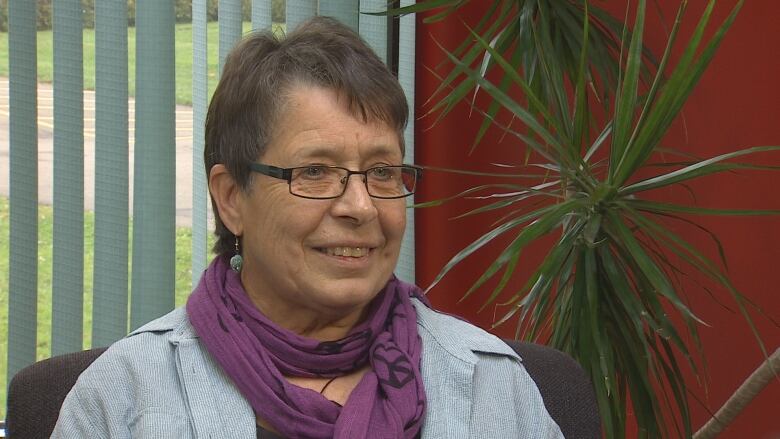Reflecting on 50 years of women's rights, one decade at a time
The Royal Commission on the Status of Women in Canada was launched in 1967

Fifty years after the status of women became the focus of a royal commission in Canada, a group of Island women wants to look at how their status has actually changedand what needs to improve.
The P.E.I. Advisory Council for the Status of Womenand the Aboriginal Women's Association of P.E.I. are starting up a "lunch and learn" study group this Thursday at the Confederation Centre Public Library in Charlottetown.
The group will meetat noon every two weeks until April 27. At each session, they will discuss one decade since the first Royal Commission on the Status of Women in Canada was launched in 1967.
"I really believe that the commission shaped the direction of what was going to come and we're still working on a lot of these things," Mari Basiletti, the group's chair, told CBC Mainstreet P.E.I. on Wednesday.
1967 to now
Basiletti said the commission was established 50years ago.Itpublished its first report on the status of women and what steps to take to ensure their equality in 1970.
Recommendations included everything from prohibiting discrimination on the basis of gender and marital status, to opening up training programs to womenand appointing more qualified women from each province to the senate, said Basiletti.
"There were also recommendations on birth control, pension, day care and other equal opportunity rights," she said.
"There were a lot of women's groups at the time, before the commission started, looking for better quality of life and equality for women and that movement actually spurred the royal commission to take that study."
Room for improvement
Today, there's still room for improvement, including continuing problems with equal pay, she said.
For the longest time, the commission also did not fully consider the rights of all women, said Basiletti.
That's why they teamed up with the Aboriginal women's association.
And as February is Black History Month across Canada, the first session will also include a speaker from the Black Cultural Society of P.E.I., she said.
"We want to talk about the things that were left out for some women," she said.
People of all ages and gender invited
Basiletti hopes that both men and women of all ages will attend the sessions and reflect on their experiences of women's rights throughout the decades.
"I think the more people we have with their various points of view, especially younger people who may not have been around when this started to people who have been around since then and have seen the changes in their own life,I think we can learn a lot and that will help move us forward."
- MORE P.E.I. NEWS |Montague sewer, water rates expected to hold steady this year
- MORE P.E.I. NEWS |P.E.I. cabinet shuffle: Sonny Gallant and Pat Murphy in, Richard Brown out












_(720p).jpg)


 OFFICIAL HD MUSIC VIDEO.jpg)
.jpg)



























































































